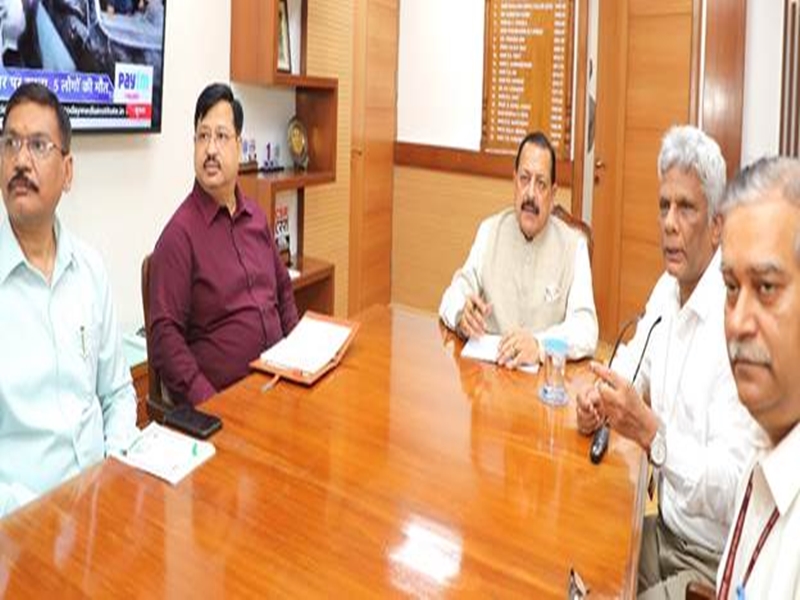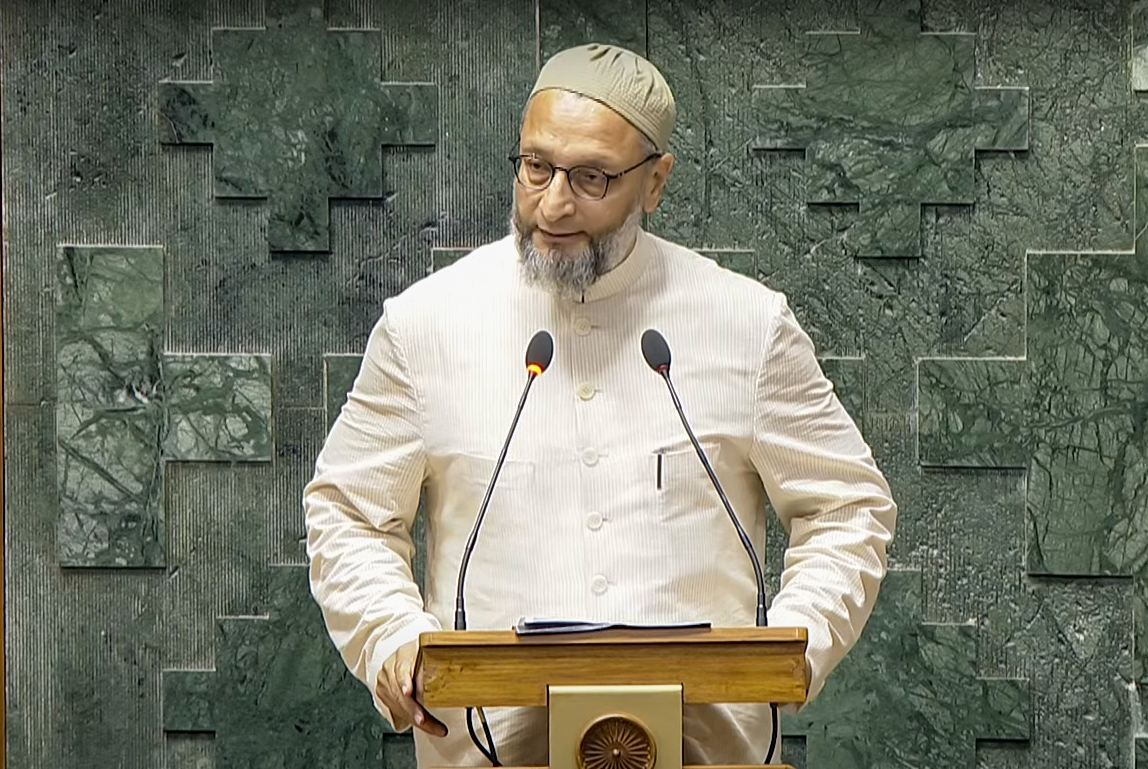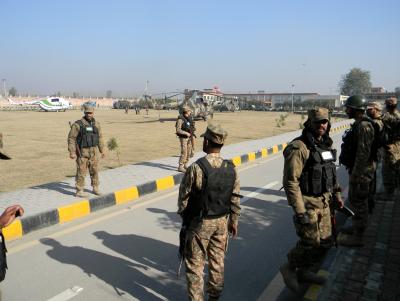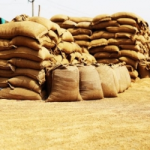Union Minister Jitendra Singhtook stock of the already operational projects and gave directions for upcoming plans….reports Asian Lite News
Union Minister Jitendra Singh said on Tuesday that India’s nuclear power generation capacity is set to increase by around 70 per cent in the next five years with the addition of 7 new reactors.
Jitendra Singh, who also holds Independent charge of the Department of Atomic Energy, convened a high-level meeting to review the 100-day Action Plan of the Department here on Tuesday.
Highlighting India’s progress in nuclear energy and renewable energy, Jitendra Singh said: “Installed capacity of 7.48 GWe will become 13.08 GWe by 2029, which is an over 70 per cent increase with the addition of 7 new reactors.”
He also took stock of the already operational projects and gave directions for upcoming plans.
Jitendra Singh directed the department to integrate and collaborate to harness full potential, by capacity building and sharing of knowledge, resources and expertise.
He also emphasised on indigenous development of technology.
“Indigenous technology development and promoting energy security should be our priority,” Singh said.
He recalled that the government has allowed joint ventures with public sector units, increasing budget through collaboration, use of next generation technologies, and increasing cooperation.
Speaking on the ease of doing research and scaling up activities, he said: “We are giving single-point approval to promote ease of science and promote ease of living for citizens by application of nuclear technology.”
Jitendra Singh said that the department is suitably designing the 220MW Pressurized Heavy Water Reactor (PHWR) to use a Bharat Small Reactor (BSR) for captive nuclear power generation. He also informed that DAE is working on Bharat Small Modular Reactor (BSMR) 220 MW to use light water-based reactors by replacing Calandria by a pressure vessel.
Jitendra Singh said BHAVINI, a public sector undertaking, is in progress to complete initial fuel loading of Prototype Fast Breeder reactor and its 1st approach to criticality is expected in the coming months.
This is the first fast breeder reactor to produce more fuel than it consumes.
The minister emphasised that along with energy security, health and food security, radiopharmaceuticals & nuclear medicine, agriculture, and food preservation should also be focused.
“Development in radiation technology will lead to economic and societal benefit for common citizens and promote ease of living and promote research in basic, applied and translational sciences using subatomic particles,” he added.
Dr. Ajit Kumar Mohanty, Chairman, Atomic Energy Commission and Secretary, Department of Atomic Energy, along with senior officials of the department were present for the review meeting.
ALSO READ: ‘India supports Africa’s greater role at UN, global forums’














